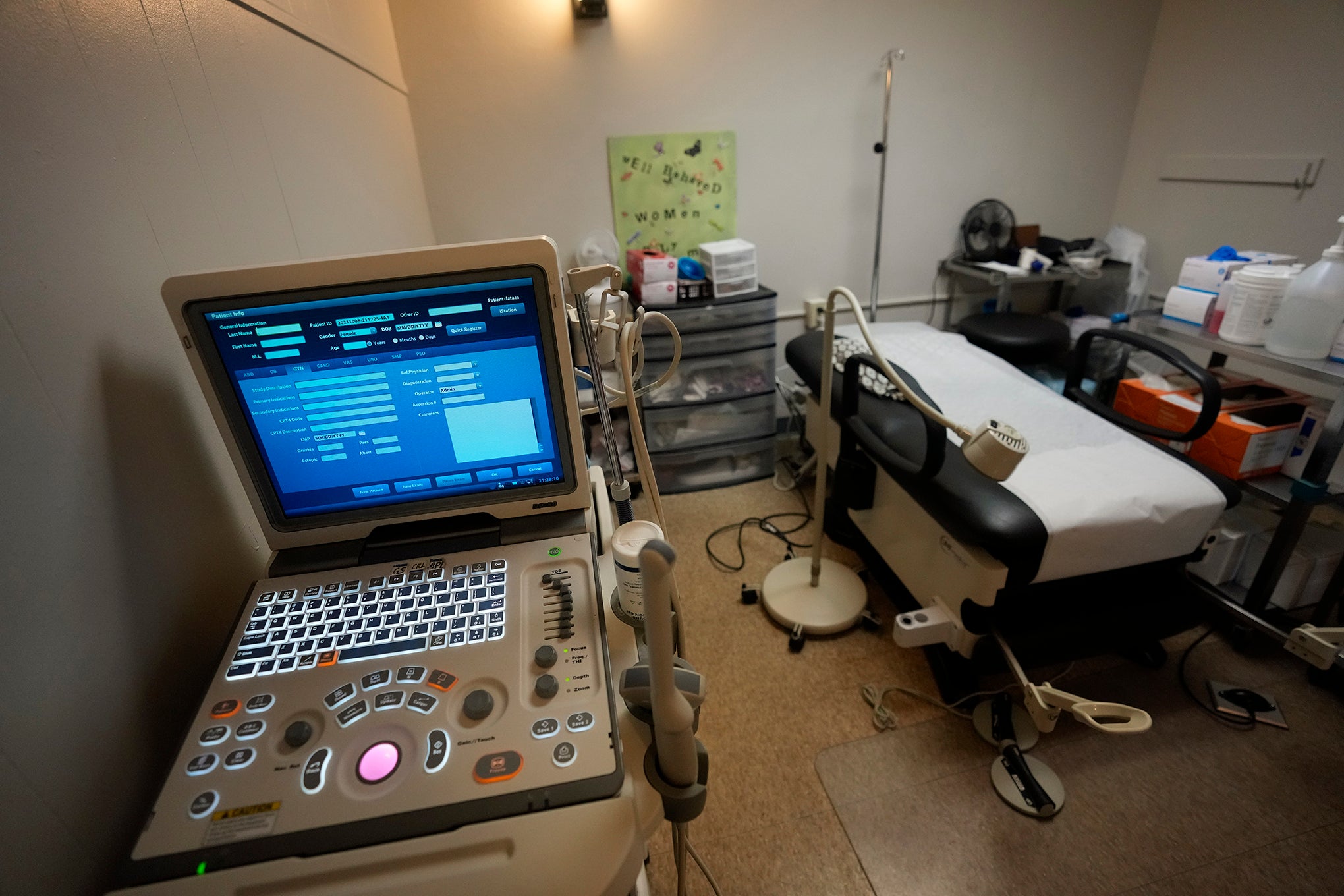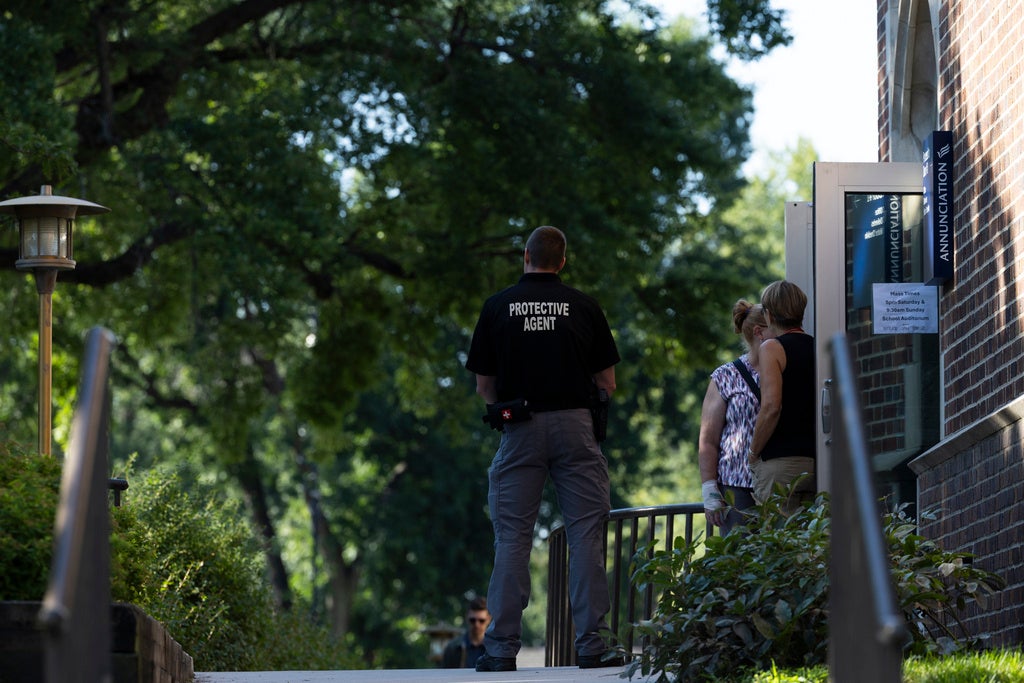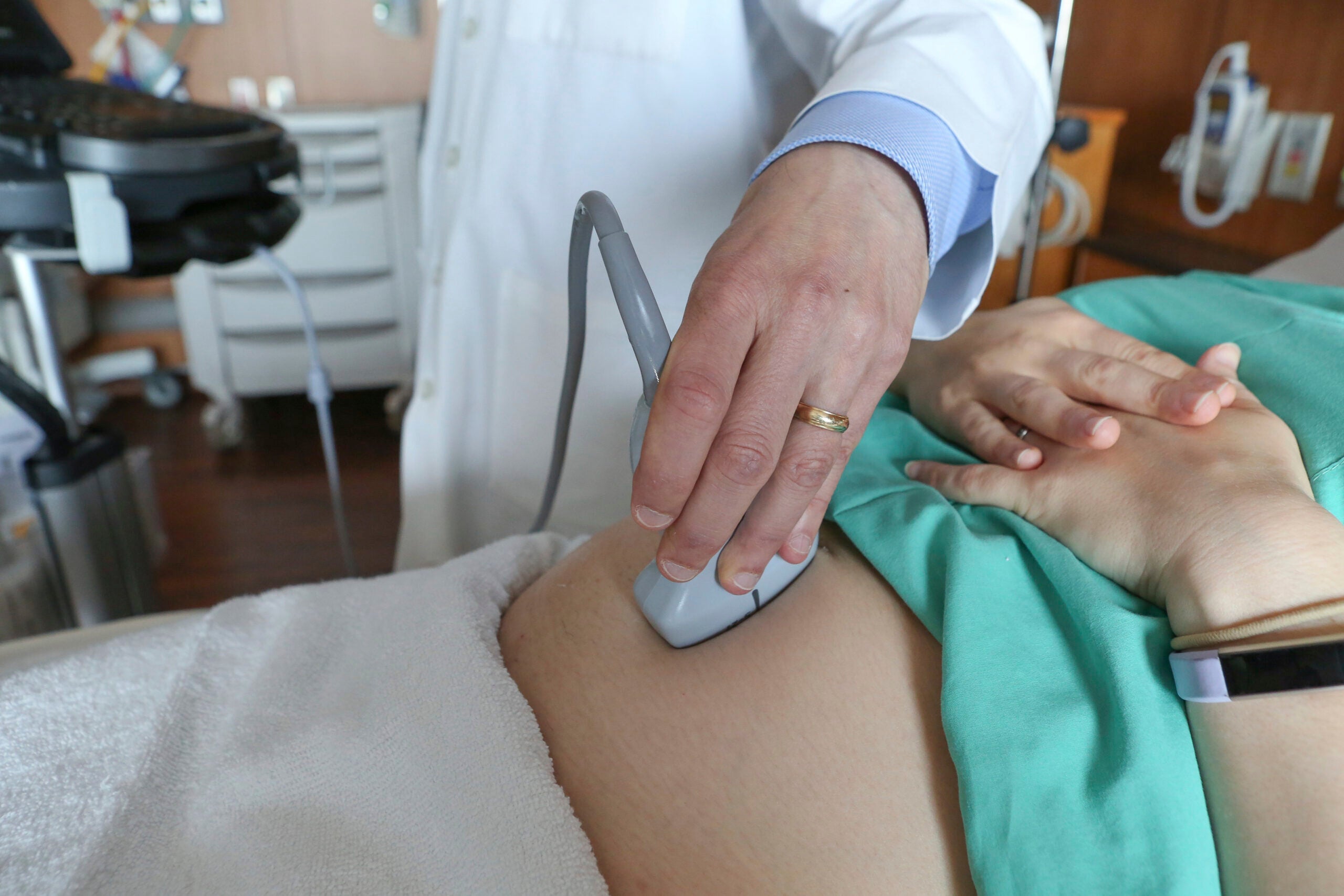An infectious disease doctor tells us about efforts to prevent the spread of a dangerous fungus. Then, we talk to a researcher about a rise in emergency teaching licenses in Wisconsin. Later, a journalist shares her reporting on the medical care seniors receive at the end of life.
Featured in this Show
-
Preventing the spread of dangerous, drug-resistant fungus
The Centers For Disease Control and Prevention warns they’ve seen an increase in the potentially dangerous, drug-resistant fungus Candida aurus. We speak with an infectious disease physician about maintaining sterile facilities and staying safe.
-
Why more Wisconsin schools have turned to emergency teaching licenses
The lead researcher on a new Wisconsin Policy Forum report that looks at emergency teaching licenses joins the show to share trends from over the last decade.
-
How end of life medical care can be overly aggressive
We talk with a reporter who covered a study that looked at elderly people with cancer, and compared levels of medical care they received in the last 30 days of their lives.
Episode Credits
- Rob Ferrett Host
- Sarah Hopefl Technical Director
- Lee Rayburn Producer
- Tim Peterson Producer
- Dr. David Andes Guest
- Donald Cramer Guest
- Paula Span Guest
Wisconsin Public Radio, © Copyright 2026, Board of Regents of the University of Wisconsin System and Wisconsin Educational Communications Board.



